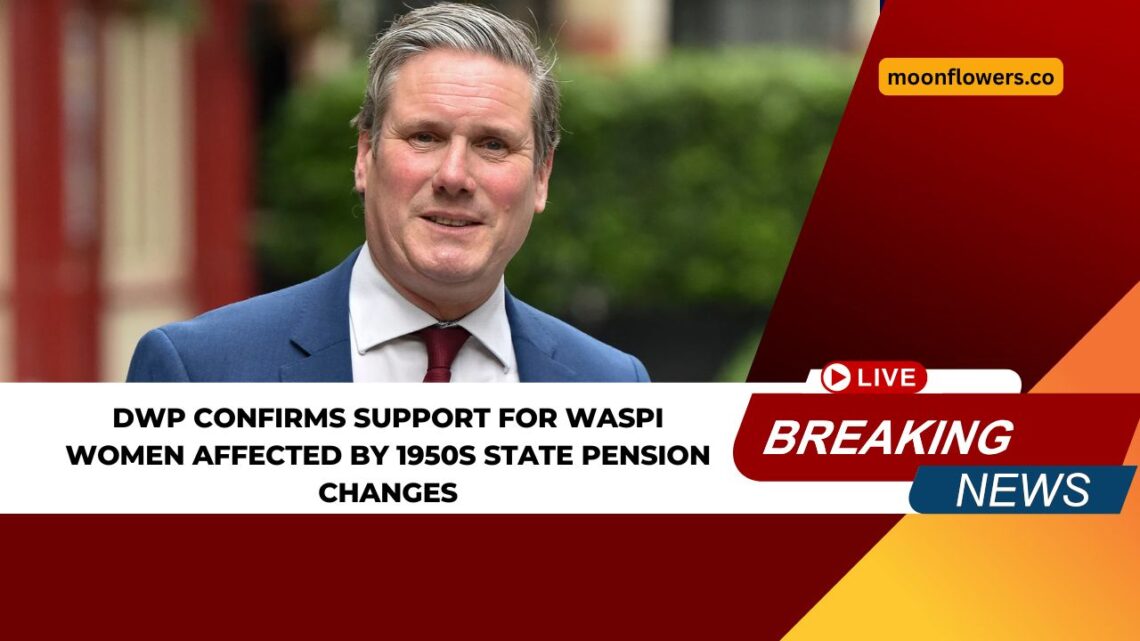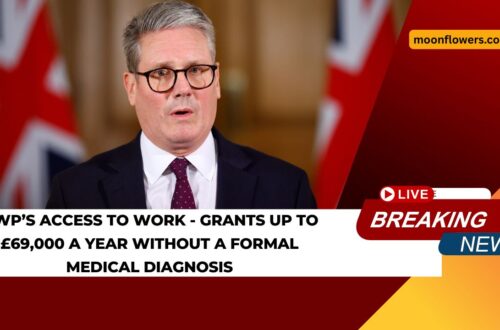The UK Government has recently confirmed financial help and legal support for women born in the 1950s who were affected by changes to the State Pension age without adequate notice.
The Women Against State Pension Inequality (WASPI) campaign has long argued that the rise in pension age—from 60 to 66—was not well-communicated, leaving millions of women unprepared.
Pensions Minister Torsten Bell has now given more detail about what help is available, spending projections, and what the next legal steps are.
Key Facts & Figures
| Issue | What Happened | What Was Confirmed / Proposed |
|---|---|---|
| Who is affected | Women born in the 1950s whose State Pension age was increased over time, from 60 to 66, with insufficient notice. About 3.5 to 3.8 million women. | These women are eligible to benefit from awareness-campaigns, legal support, and financial assistance options. |
| Legal proceedings | WASPI took the issue to the High Court; a legal challenge is due to be heard December 9-10, 2025. | The High Court will examine if the government’s refusal of compensation is “rational.” A cost-capping order has been confirmed, limiting WASPI’s legal costs liability to about £60,000, and if successful, the DWP may pay up to £90,000 in WASPI’s legal costs. |
| Ombudsman’s finding | In 2024, the Parliamentary and Health Service Ombudsman (PHSO) found that the DWP had acted with maladministration in failing to provide adequate notice. | The PHSO recommended compensation between £1,000 and £2,950 per person. The maximum recommended, £2,950, is under discussion. |
| Government position | While acknowledging maladministration, the Government has so far refused to pay compensation, stating concerns around fairness and cost. | The Legal challenge and further pressure are forcing the Government to justify its stance; the December legal hearing is expected to be pivotal. |
What the DWP Has Confirmed
- The Pensions Minister, Torsten Bell, reiterated that the Government is committed to supporting older people, especially those disadvantaged by these State Pension age changes.
- The Government has promised increased awareness of Pension Credit benefits, especially for women affected; many of those receiving Pension Credit are women.
- Financial support is available via existing schemes such as Pension Credit, Warm Home Discount, and other welfare supports for those unable to work but not yet eligible for full pension benefits because of age.
Legal Challenge & What’s Next
- The case in the High Court is scheduled for 9-10 December 2025. WASPI will contest the Government’s refusal to implement compensation.
- The goal is for the court to find that the government’s reasons for rejecting compensation are irrational, compelling them to reconsider the matter. However, courts cannot directly force ministers to pay compensation.
- A cost-capping order protects WASPI from open-ended legal costs. If the case is won, DWP may need to cover up to £90,000 in WASPI’s legal costs.
What Remains Disputed
- Whether the compensation amount should be at the maximum recommended level of £2,950 per person for all who qualify. Some campaigners argue this is still insufficient given years of loss.
- Whether it is fair to refuse compensation on the basis that “most women knew” of the changes. The government argues many were aware; WASPI says many were not and that notice was too little.
- The timing of payments, should compensation be approved: when will the funds reach those affected, and how long the legal process will delay outcomes.
The Government’s confirmation of help for WASPI women born in the 1950s marks a significant step in a long-running campaign. While acknowledgment of maladministration, legal support, and aid via existing welfare schemes are welcome, the central issue of meaningful compensation remains unresolved.
The upcoming High Court hearing is likely to be a watershed moment: it may force a change in government policy and possibly lead to compensation payments up to £2,950 per eligible woman—but only if the court rules that the current refusal was irrational.
For now, affected women should keep their records up to date and monitor developments closely.
FAQs
Who qualifies as a WASPI woman?
Any woman born in the 1950s who had her State Pension age increased—from 60 toward 66—without sufficient notice or communication.
Is compensation confirmed?
Not yet. The Ombudsman recommended compensation up to £2,950, and the Government is being challenged in the High Court, but so far it has refused to implement a compensation scheme.
What date is the legal hearing?
The High Court will hear the WASPI case on 9-10 December 2025. The verdict and any required action are expected to follow later, possibly spring 2026.









